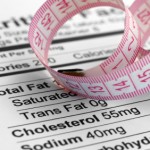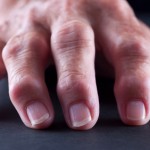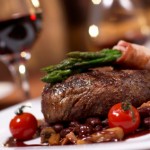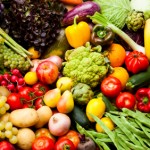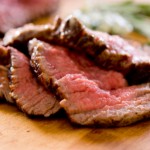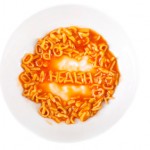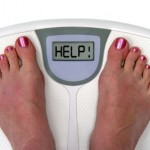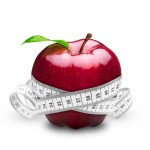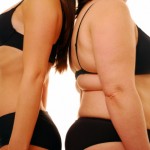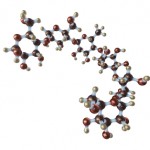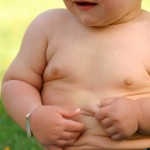In my last post I explained the concept and the math behind the body mass index (BMI) approach to evaluating if your weight was normal or not (your BMI is very well in synch with the most scientific methods of determining body fat percentages). Now I want to expand on that a bit with some recent statistics and some thoughts on how we can lose weight if we need to. Unfortunately, some of us have lots of extra pounds we should shed if we want to have our best shot at leading long, healthy lives.
The Feb 1, 2012 issue of JAMA had a number of interesting articles on obesity. I've previously mentioned several on childhood and adolescent obesity; today I'd like to zero in on two whose focus is American adults.
Four CDC staffers, led by Katherine Flegal, PhD, published the most recent statistics from a recurring national survey with the daunting acronym NHANES. This national health and nutrition survey (the E stands for examination) started in 1971, but from 1999 on has been released results in two-year cycles. The current article from the National Center for Health Statistics, looking at the 2009-2010 NHANES data had a little good news and lots of bad news.
After 1980, until the turn of the 21st century, the prevalence (scientific term for percentage) of obesity in our population kept zooming up. Now it appears to have leveled off. I guess that's something we should be happy about, except now over 35% of adults in this country are obese. Men and women have about equally high rates of obesity and men have caught up to women in this regard over the last twelve years. Some subsets, by sex and racial groups, are even more likely to be obese or very obese.
The worst news from this article was that no group--men, women, non-Hispanic whites, Hispanics or non-Hispanic blacks--had a decrease in the prevalence of obesity in this most recent data set.
So which exercise and diet should we try?
Many adults report "No Leisure-Time Physical activity." Overall, more of us are exercising, but the data vary from state to state. Those who have arthritis, fifty million in the US, need special attention or are even more likely to get no exercise. The CDC has worked with the Arthritis Foundation to develop ideas for this huge group. Going back to my review of articles on youngsters, I think for the rest of us, we could begin with simple steps, parking at the far end of the parking lot and substituting some walking for part of our screen time as two examples.
Harvard Medical School's free online HEALTHbeat publication had a review of pros and cons of various diets in its Feb 7, 2012 edition. The bottom line still is if you want to lose weight, you must cut down on your calories. The Mediterranean-style emphasis on fruits and vegetables, unrefined carbohydrates, nuts, seeds and fish may be the most effective in reducing cardiovascular and diabetic risks.
My New Year's Resolution is to keep my weight under 150 pounds. I have to work at it as I like to eat, but most of the time I've stayed away from splurges.
How about you?
JAMA

